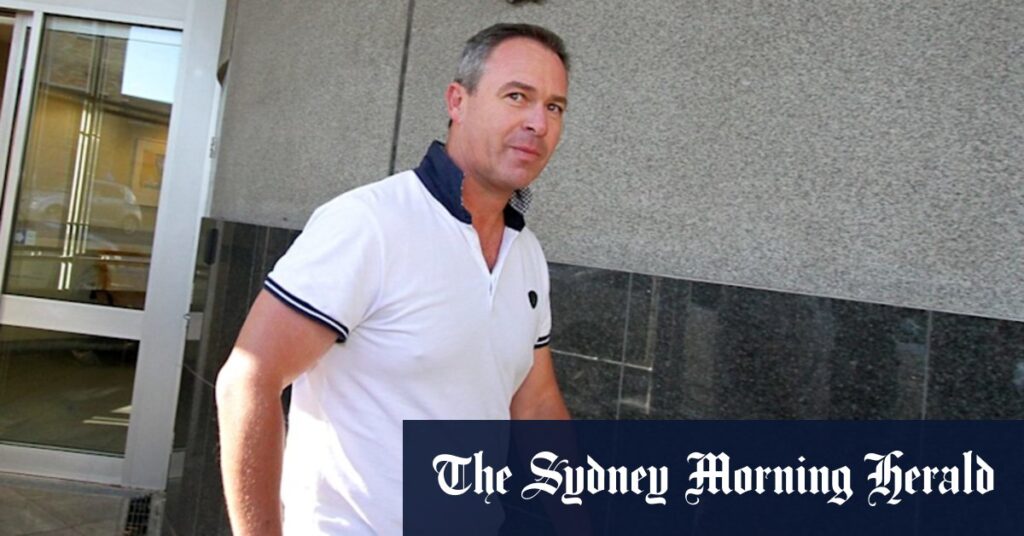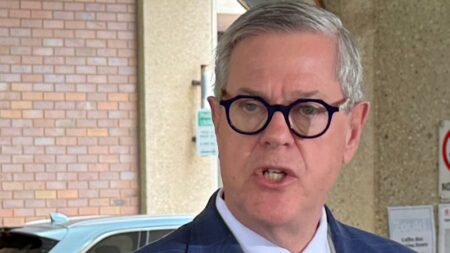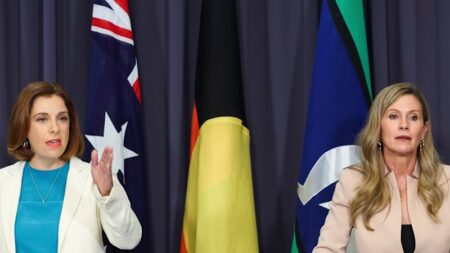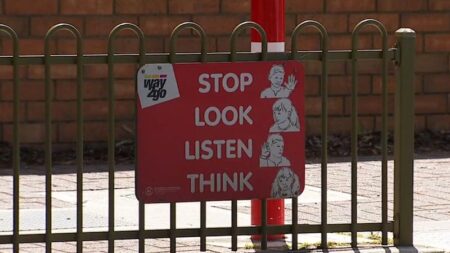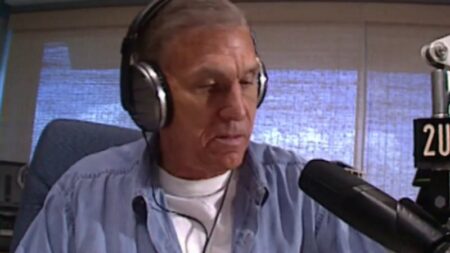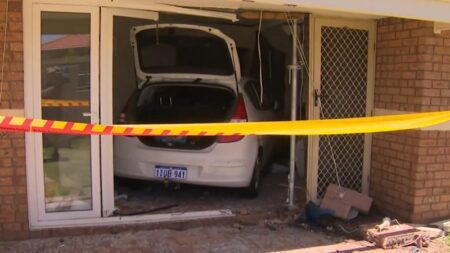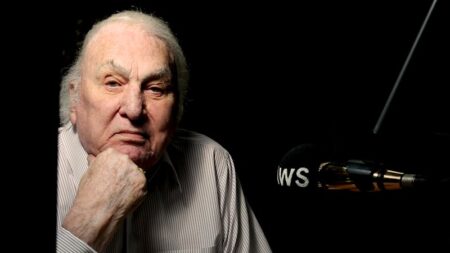He said the initial charges were without reasonable and proper cause because there was no evidence for several allegations, including that he tried to obtain from Gazal an admission of perjury by threats.
Crook claimed that before his arrest, he had an untarnished personal and business reputation, and had a number of clients through his media company, including Flight Centre, Fortescue Metals founder Andrew Forrest, Tourism Queensland, Ray White Australia, and Multiplex.
He said that in 2014, his business, Crook Media, had an average monthly turnover of $160,379.
For his alleged false imprisonment, he claimed $100,000 in damages, and also said he was subjected to adverse publicity in Australia and overseas.
Both the state and NAB are pushing for the court to strike Crook’s case out, with the bank arguing the proceedings are an abuse of process.
Loading
It argued the claim was an impermissible collateral attack on judgments already made by Justice Peter Applegarth in Smith’s civil case. It also said the proceedings would be unjustifiably oppressive to NAB and Gazal, and could bring the administration of justice into disrepute.
NAB said that between 2009 and 2012, the bank and Gazal were required to defend proceedings against them by AKS Investments and its director, Smith, which Applegarth ultimately found to be “bogus and contrived claims”.
The bank referenced the fact AKS had appealed against the civil trial judgment and the costs judgment, and that both were subsequently dismissed by consent.
In defence documents, the state referenced email and phone communications between Crook, Smith and Featherstone about the plans for the confession.
The state said Crook knew the purpose of tricking Gazal into travelling to the city of Batam was to “get him on Indonesian soil”, and that Featherstone, acting as “Michael Wright”, would conduct the fake interview in a bid to obtain a recorded confession from Gazal that he had lied in evidence during the civil trial.
It also said Crook knew there would be a backup plan, which, at a minimum, involved Smith entering the room with Gazal and Featherstone and surprising Gazal “with all exits covered”.
The state denied there was a malicious prosecution or that Crook suffered any loss as a consequence. Crook was also not entitled to claim damages for false imprisonment because he was not falsely imprisoned, and his claim was barred by the statute of limitations, according to the state.
It added that Crook could not claim damages for past economic loss because he did not have cause of action for malicious prosecution against the state.
The government also denied the claimed malicious prosecution injured Crook’s reputation.
NAB said it did not admit that Crook Media clients withdrew their business, and even if the clients did, this was not caused by injury to Crook’s reputation.
It also did not admit Crook suffered a loss of income, or that he was entitled to general damages from NAB, because no cause of action for malicious prosecution lay against the bank.
The case remains before the Supreme Court of Queensland.
Start the day with a summary of the day’s most important and interesting stories, analysis and insights. Sign up for our Morning Edition newsletter.
Read the full article here







